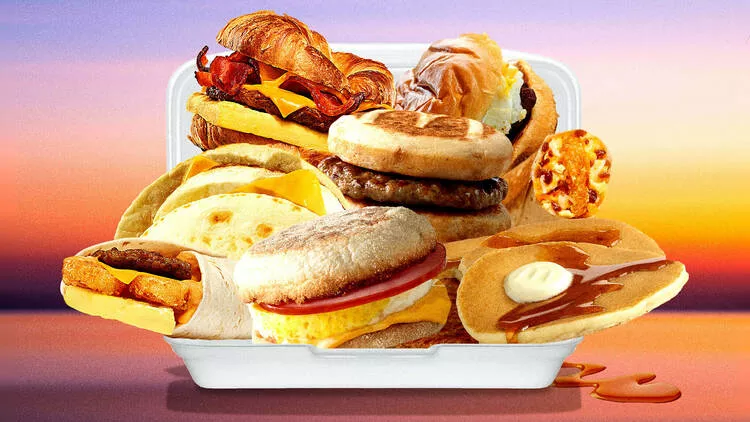Food Offerings Discontinuations
Arby’s, a fast-food chain renowned for its roast beef sandwiches and curly fries, has undergone numerous changes in its menu over the years. From introducing innovative items to discontinuing longstanding favorites, the evolution of Arby’s menu reflects the dynamic nature of consumer preferences, operational efficiencies, and market trends. In this exploration, we delve into the reasons behind Arby’s discontinuation of beloved items such as mac and cheese, onion rings, salads, and potato cakes.
Customer Preferences and Market Trends
One of the primary drivers behind menu changes in the fast-food industry is shifting consumer preferences. As tastes evolve and dietary trends fluctuate, restaurants must adapt to meet the demands of their target demographic. In recent years, there has been a growing emphasis on healthier eating habits and a preference for fresh, customizable options.
Arby’s decision to discontinue items like onion rings and potato cakes may stem from a shift towards healthier offerings. While these items were once popular, consumer demand for fried and starchy sides has diminished as more health-conscious options have gained traction. In response, Arby’s may have opted to allocate resources towards developing and promoting items that align with current dietary trends, such as salads or lighter sandwich options.
Operational Efficiency and Streamlining
Another factor influencing menu changes is operational efficiency. Maintaining a diverse menu with a wide array of ingredients can strain resources and complicate kitchen operations. As such, restaurants often seek to streamline their menus to improve efficiency and reduce costs.
The discontinuation of items like mac and cheese and salads may reflect Arby’s efforts to simplify its menu and streamline operations. By focusing on core offerings such as sandwiches and fries, Arby’s can optimize its supply chain, reduce waste, and enhance kitchen throughput. Additionally, removing slower-moving items allows for greater flexibility in menu innovation, enabling Arby’s to introduce new limited-time offerings and seasonal promotions more effectively.
Market Competition and Differentiation
In the fiercely competitive fast-food industry, differentiation is key to success. As competitors introduce new menu items and promotional campaigns, restaurants must continually innovate to stay relevant and attract customers.
Arby’s decision to discontinue certain items may be driven by a desire to differentiate itself from competitors and carve out a unique position in the market. By focusing on its signature roast beef sandwiches and distinctive sides like curly fries, Arby’s can leverage its brand identity and culinary expertise to stand out in a crowded marketplace. Additionally, removing less differentiated items allows Arby’s to allocate resources towards developing new and innovative offerings that set it apart from competitors.
Feedback and Performance Analysis
Customer feedback and performance analysis also play a crucial role in shaping menu decisions. By monitoring sales data, soliciting customer input, and conducting market research, restaurants can identify which items are resonating with consumers and which are underperforming.
Arby’s decision to discontinue items like onion rings and potato cakes may have been informed by sales data indicating declining popularity or profitability. Similarly, feedback from customers may have highlighted issues such as perceived quality, value, or relevance, prompting Arby’s to reevaluate its menu offerings. By responding to customer preferences and market dynamics, Arby’s can ensure that its menu remains relevant and appealing to its target audience.
Conclusion
In the ever-evolving landscape of the fast-food industry, menu changes are inevitable. Whether driven by shifting consumer preferences, operational efficiency, market competition, or feedback analysis, restaurants like Arby’s must continually adapt their offerings to meet the demands of their customers and stay ahead of the competition. While the discontinuation of beloved items like mac and cheese, onion rings, salads, and potato cakes may disappoint some fans, it reflects Arby’s commitment to innovation, differentiation, and customer satisfaction in an increasingly competitive market. As Arby’s continues to evolve its menu and offerings, customers can expect to see new and exciting options that reflect changing tastes, trends, and preferences in the fast-food landscape.

